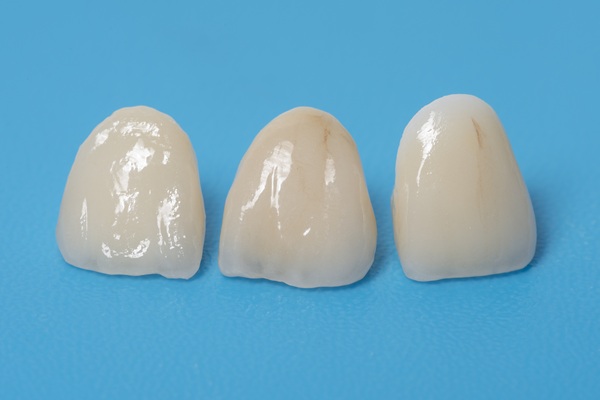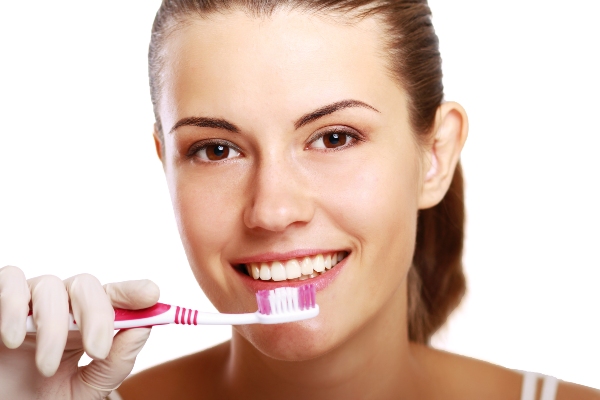 A dental restoration can repair your teeth and improve your smile. Following the recommended aftercare instructions is important to ensure the results last as long as possible. Whether you are getting a filling, a root canal, or a tooth pulled, slacking on aftercare can lead to pain and discomfort. Save yourself some trouble and avoid complications with proper care. This article will discuss how to care for common dental restorations correctly.
A dental restoration can repair your teeth and improve your smile. Following the recommended aftercare instructions is important to ensure the results last as long as possible. Whether you are getting a filling, a root canal, or a tooth pulled, slacking on aftercare can lead to pain and discomfort. Save yourself some trouble and avoid complications with proper care. This article will discuss how to care for common dental restorations correctly.
Dental fillings: Aftercare do’s and don’ts
Dental fillings can repair tooth decay, also known as “cavities.” Fillings typically consist of tooth-colored composite resin, porcelain, gold, or silver amalgam. Cracked teeth are also sometimes restored with fillings.
Aftercare will depend on the type of filling used. However, it is a good rule of thumb to wait to eat until the numbing wears off. This may take a couple of hours. Since composite fillings are hardened with a UV light in the office, it is typically fine to chew with them. Avoid chewing with amalgam fillings for at least 24 hours. Put off eating sticky foods, hard foods, or drinking very hot or cold liquids to prevent dislodging the filling.
It is normal to experience some discomfort and sensitivity to heat and cold for up to two weeks after filling a cavity. Over-the-counter (OTC) pain medication may help the patient manage this discomfort. In addition, rinsing with salt water may help relieve sore gum tissue. However, if these symptoms do not dissipate after two weeks, consult the dentist.
Root canal aftercare
A root canal is required when tooth decay extends into the root of the tooth (the pulp) and leads to an infection. The dentist will remove the infected pulp, clean the area, and fill it. A dental crown may be placed on top of the tooth as well.
While the procedure is no longer painful, the tooth may be sore after getting a root canal. Postoperative soreness can last for a few days. In the meantime, patients should avoid chewing with the treated tooth. If the tooth has an infection, patients need to follow all instructions for recovery, including if antibiotics were prescribed. OTC pain medications, ice packs, and saltwater rinses may help soothe the pain.
Aftercare for tooth extractions
Extraction may be the only option when teeth are severely infected or damaged beyond repair. A simple extraction is when the tooth can simply be pulled because all the issues are above the gum line. A surgical extraction is necessary when some infected gum tissue must be cut. Both types of extraction require similar aftercare:
- Take all prescribed medications: After extracting a tooth, the dentist may prescribe painkillers and antibiotics. Take them all as recommended.
- Take time to rest: The body needs to heal, so do not do any heavy exercise following a tooth extraction. Instead, it is best to rest in bed and catch up on movies or reading.
- Keep the affected area clean: Do not brush the extraction site for a few days. After 24 hours, gently rinse the area with salt water or antimicrobial mouthwash.
Learn more about dental restoration aftercare
Caring for the mouth after a restorative dental treatment is the key to getting lasting results. It is also crucial for the patient’s well-being. Call our team for more information on how to care for the mouth before and after dental restorations.
Request an appointment or call Martin Dentistry at 209-299-7907 for an appointment in our Stockton office.
Related Posts
Getting the right dental restoration can improve your appearance and dental health. Your dentist will discuss the possible procedures that will fit your needs. Knowing more about these treatments can help you prepare for your next visit. Here are the common dental restoration procedures available.These restorations can be tooth-colored porcelain, gold, or composite material. This…
There appears to be some overlap between dental restorations and cosmetic dentistry. However, people need to know the difference between the two because dental insurance may cover a dental restoration but not a cosmetic procedure. This article examines the key differences between the two types of dentistry and provides examples of each.The primary difference between…
A strong and stable dental restoration can replace your missing tooth. Many people suffer from tooth loss. Using removable dentures is a way to fill the dental space. This can prevent many dental issues from developing. Here are the dental restoration options available for your missing tooth.The dentist will assess the patient’s mouth and see…


